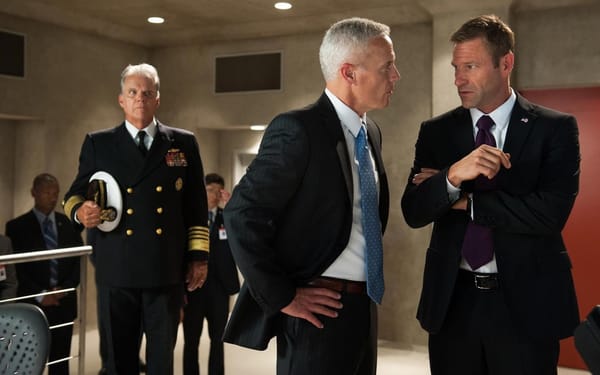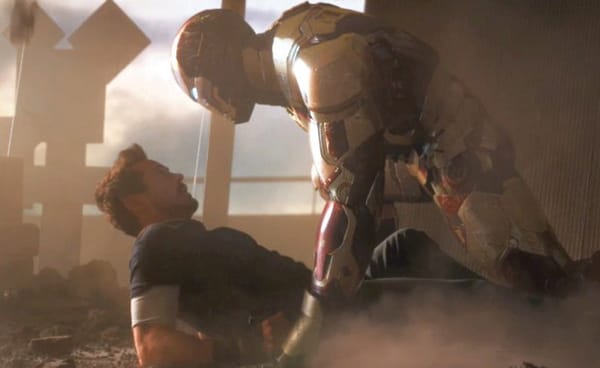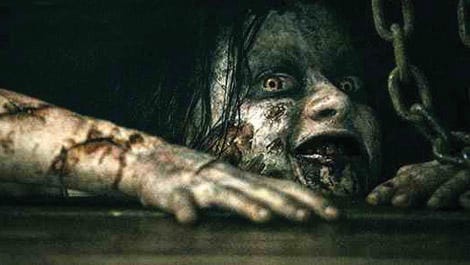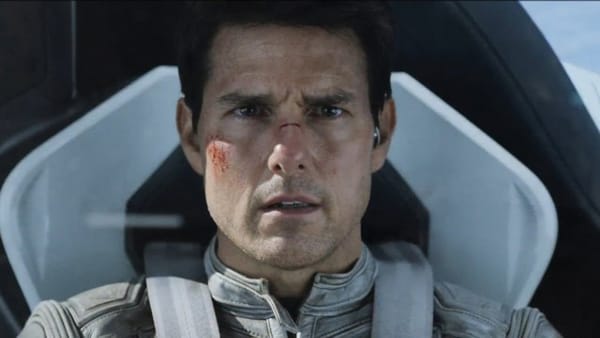The old man and the machine
Robot and Frank review
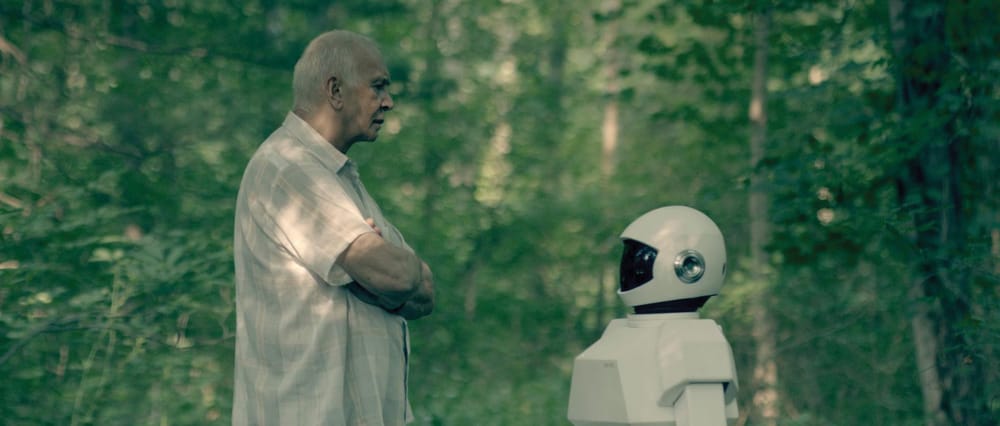
Robot & Frank is the film of an elderly, deteriorating gentleman, and the Robot, a technological care assistant, given to him by his son. The film focuses on the relationship between the pair, a more mismatched couple it is hard to imagine: a cranky, lonely old man and a blank faced, obliging machine. Frank Langella gives a brilliant performance as Frank; completely understated but complex and affecting. As an elderly man suffering from spells of memory loss, the viewer is never quite sure how much of an act he is putting on, either to hide his illness or to play it up. The character has a delicious penchant for mischief and is far from your typical sweet old man. His past as a cat burglar is finely sketched but proves the driving force for the plot along with much of the humour of the film, which whilst rarely laugh-out-loud gives the film a lightness of touch that counterbalances the sadness at its heart. This is a film of dysfunctional relationships with Robot taking the position of Frank’s helper, friend, perhaps even the son that he missed out on. The viewer is frequently asked to consider if Robot can be considered as a friend: can he be viewed as a real person? As the story develops, the themes of memory and identity become more pronounced, particularly when contrasted between human and robot. Robot will never forget anything unless his memory is completely erased by his user, whilst Frank periodically forgets his own children yet is too stubborn to accept help.
Despite these topics which are explored the film largely avoids feeling like science-fiction, especially with regards to the plot. We get only brief glimpses into a world of futuristic cars and video calling. Indeed, the film is set in ‘the near future’, not a particular year, such that the viewer doesn’t feel like they are displaced in time. The character of Robot is a success: believably clunky yet pleasingly hi-tech. As half of the titular double act it was fundamental that the audience could believe that Robot might exist, which is helped hugely by the personality that Peter Sarsgaard gives him, as it becomes clear that Robot can make his own judgements, and can choose how to help Frank. Or can he? Often, Robot is the source of comedy as his naivety in particular is exposed. That Robot can have his straight-laced programming somewhat bent by Frank helps with accepting him, rather than some complete automaton. This central relationship progresses realistically, even if it takes unexpected directions.
Indeed, Robot is a far more interesting character than the human characters that surround Frank, and is, perhaps significantly, given more development than Frank’s superficial and somewhat boring children, portrayed by James Marsden and Liv Tyler. The scenes focusing on these characters slow the film, with Tyler being particularly annoying. Susan Sarandon, as a potential companion/love interest for Frank is better served as a librarian in a future when books have become ‘retro-cool’, which positions her in a changing world where she doesn’t quite fit, like Frank. Although it is very rare that both Frank and Robot are not on screen, when one or the other is absent you are keen to get back to watching Robot and Frank, which the film largely obliges us with. Enough is made of their relationship that despite the film’s relatively short running time it does not feel like an opportunity missed. The film is well structured and well-paced, with the story being told at a good pace until the close which with a late, sly but logical development ends somewhat ambiguously – not in terms of plot but regarding the emotions of the central characters. As a perfectly formed oddity, this film could quite easily be overlooked by those seeking more spectacular thrills, or even more dramatic performances, but this is a film which should be seen, even if it is hard to define.


